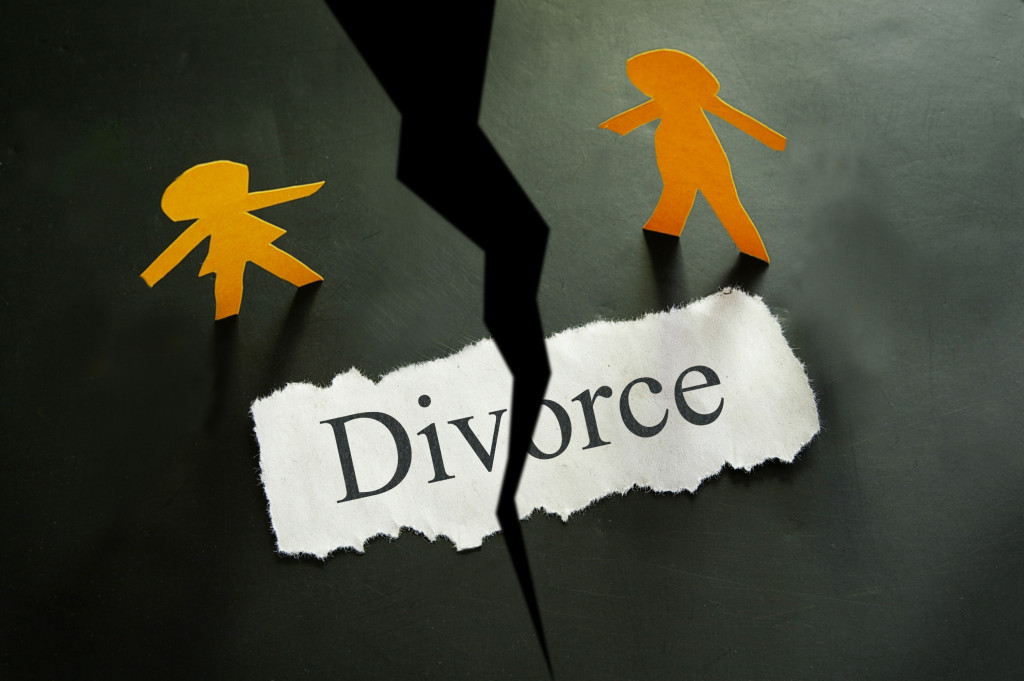- Divorce grounds include irreconcilable differences, adultery, and mental or physical cruelty, each with distinct implications.
- Child custody, influenced by the child’s best interest and parents’ abilities, may require professional legal representation.
- Property division involves equitable division, community property law, and careful handling of retirement accounts.
- Understanding one’s rights during a divorce helps navigate the process, protect interests, and ensure a fair outcome.
Divorce can be a difficult and stressful process for anyone to go through. It is even more challenging if you do not know your rights and what you are entitled to during the process. It is essential to know your legal rights during a divorce that ensures your best interests are represented and protected. This blog post will help you understand everything you’d need.
Understanding the Grounds for Divorce
In most states, divorce is no-fault, meaning there isn’t any need to prove who was at fault. It means that the reason for the separation doesn’t matter, and the property and debt division and child custody will be based on the facts of the case. However, in some cases, the responsibility of the breakup can be a factor. Here are some of the most common grounds for divorce:
Irreconcilable Differences
Irreconcilable differences form a significant ground for divorce. It is often used in no-fault divorce cases and refers to a conflict within a marriage that cannot be resolved, making the continuation of the marriage untenable. It’s important to remember, however, that these differences must be substantial, and the couple must prove they cannot continue to live together due to these disagreements.
Adultery
Adultery is another common reason for divorce. It involves one spouse having an extramarital affair. In states that recognize fault grounds, being able to prove that a spouse committed adultery can have a significant impact on factors such as alimony and property division. However, it’s worth noting that proving adultery can often be a legal challenge.
Mental or Physical Cruelty
Mental or physical cruelty refers to cases where one spouse has caused physical harm or severe emotional distress to the other spouse. This cause is often used in fault divorce cases. The inflicted harm must be substantial and recurring for it to be considered grounds for divorce. It is also critical to have evidence to support these allegations, which may include medical records or witness testimonies.

Child Custody
If you have children whom you want to protect, it is essential to know what your rights are. You have the right to seek child custody and visitation rights.
If both partners cannot agree on custody, then a judge will decide based on the child’s best interest. This decision will consider their emotional and physical needs, as well as the parenting abilities of both spouses.
For this reason, it is important to look for experienced child custody attorneys to represent your case in court. They will ensure that your interests and those of your children are well represented, and they can guide you through the legal process so that you understand all of your rights.

Property Division
During the divorce process, the court will also divide your marital property and debt. It is essential to know that only marital property and debts are subject to division. Separate property, such as gifts, inheritance, or property owned before marriage, is generally not divided. An experienced attorney can help you with the equitable division of marital property and debts. Here’s a rundown of some of the basic rules:
Equitable Division
An equitable division does not necessarily mean an equal division of assets. This system, practiced in most states, considers several factors in dividing marital property. Factors such as the length of the marriage, the age and health of each spouse, the earning capacity, and the standard of living during the marriage are all considered. Assets and debts may be assigned to one spouse, but the overall value of these assignments should be fair and equitable.
Community Property Law
In a few states, community property law is applied during a divorce. This principle views both spouses as equal contributors to the marriage. Thus, all income generated and debts incurred during the marriage are considered communal property and are divided equally upon divorce. However, property acquired before marriage or after legal separation and gifts or inheritances received individually during the marriage are considered separate property.
Retirement or Pension Accounts
Retirement or pension accounts are often one of the most significant assets a couple has. Dividing these assets can be complex as the withdrawal of funds can lead to penalties and tax liabilities. It’s also not simply splitting the account into two. Factors such as the length of the marriage and the amount of money contributed to the account during the marriage are considered. It’s crucial to seek legal advice when dividing these assets to avoid any unintended financial penalties or tax implications.
Divorce is an emotional and challenging process, but knowing your rights can make the process more manageable. You have the legal right to seek child custody, visitation, and spousal support. An experienced attorney can help you navigate the divorce process and ensure that your best interests are represented. Remember that you are entitled to your share of marital property and that a judge will decide if both parties cannot agree amicably. Ultimately, understanding your rights regarding divorce can ensure that the process is fair and that you protect your interests during this most difficult time.



